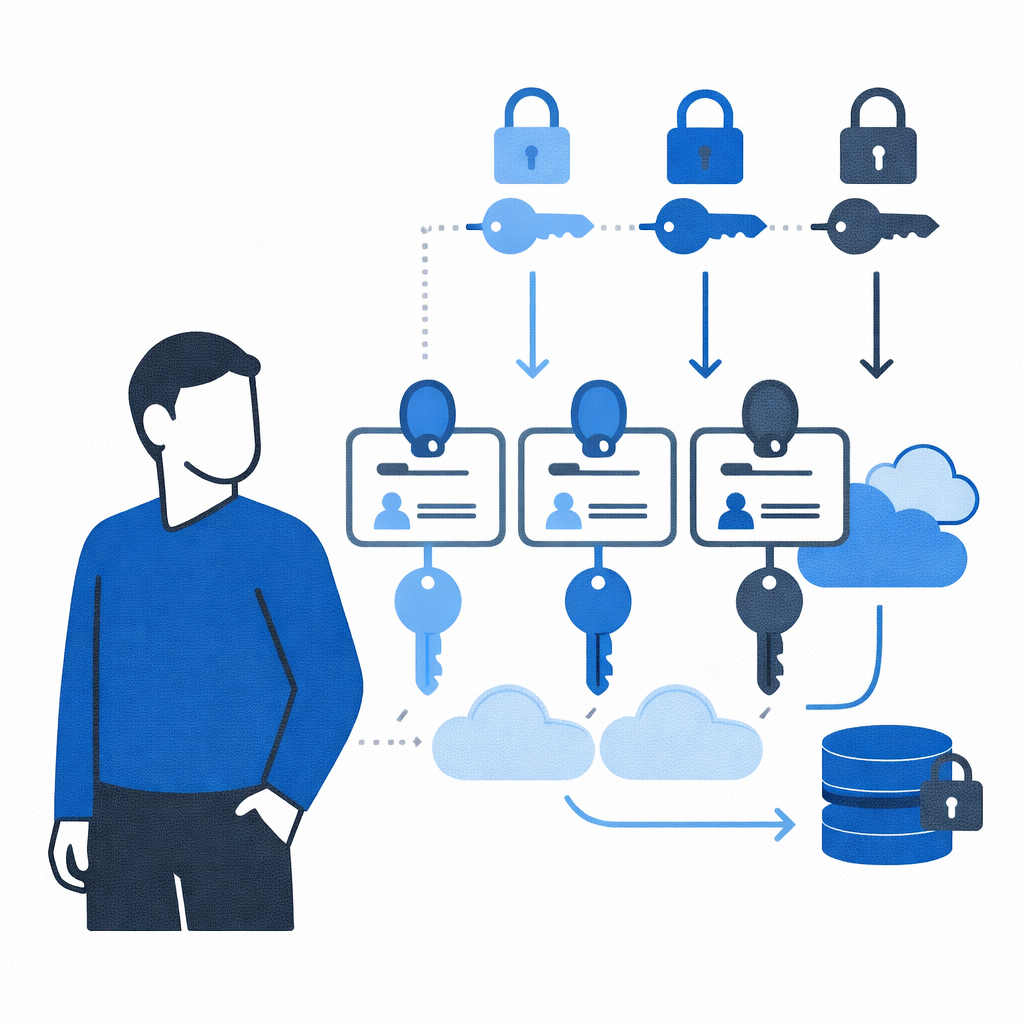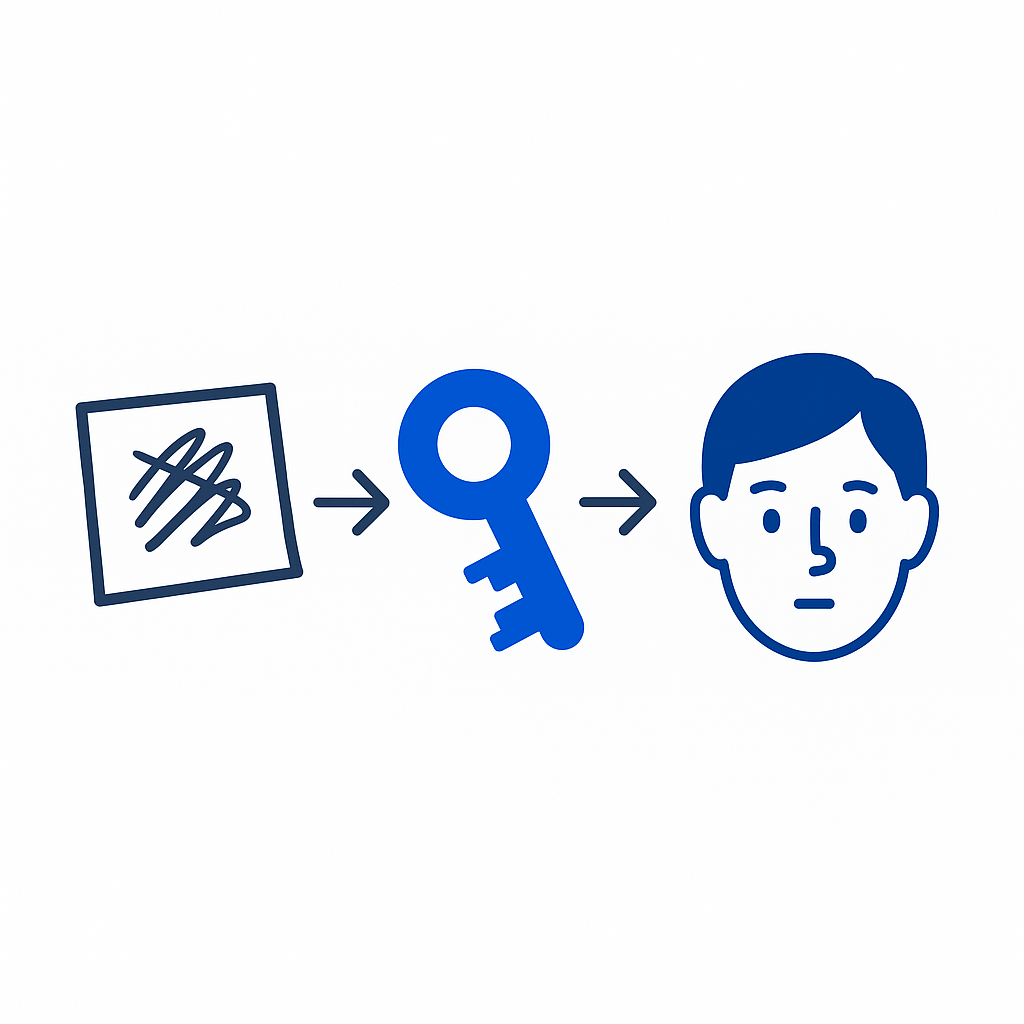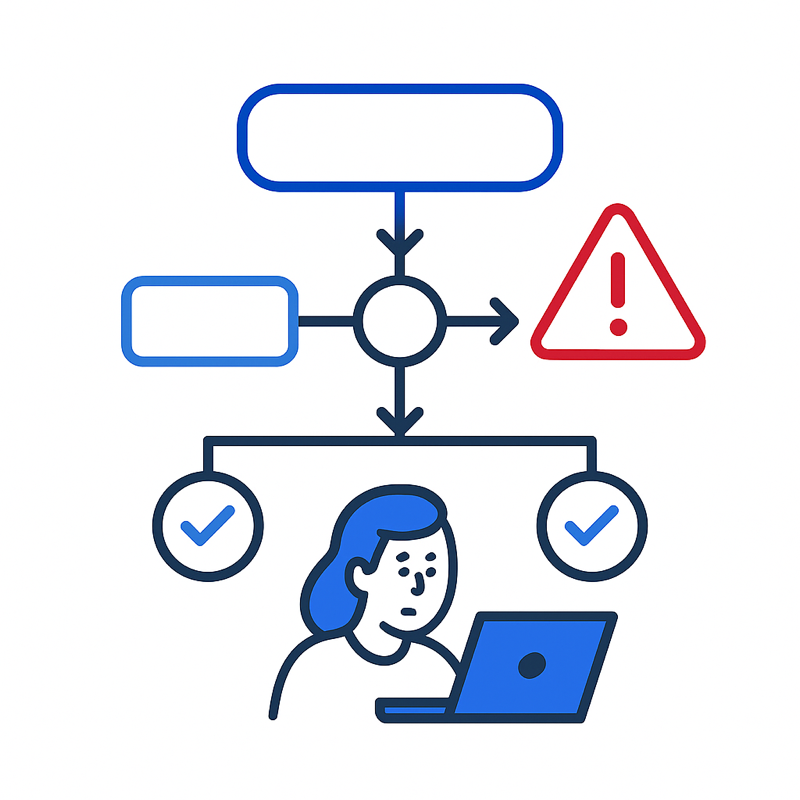Why Overly Broad Permissions Are a Bad Bet in the Cloud
In poker, a wildcard can turn a middling hand into a royal flush. That’s why games with jokers in the deck are fast, loose, and unpredictable, and why most serious players prefer to leave them out. In cybersecurity, especially when managing access security in the likes of AWS, wildcards (*.*) work the same way: they seem convenient, but they introduce risk, chaos, and costly surprises you don’t want showing up in your opponent's hand.
When identity and access management (IAM) policies are written with wildcards, every permission becomes a potential joker. Granting s3:*, for example, doesn’t just let a developer read or write a few objects for testing; it puts every possible action across all S3 buckets into play, from deleting entire buckets to activating features that can quietly rack up crippling costs. It’s like pushing all-in on the first hand without checking your cards: thrilling for a moment, but ruinous in the long run.
The Illusion of Convenience
Teams often play wildcards for the same reason players chase inside straights: it looks like a shortcut. Instead of painstakingly enumerating only the required permissions, say, s3:GetObject, s3:PutObject, and s3:ListBucket, they write s3:* and move on. Faster, easier, no quibbling over details.
But what feels like convenience is actually handing the dealer (or worse, an attacker) a stacked deck. Broad permissions expand the attack surface dramatically. Compromised credentials or misused roles don’t just expose one function; they open the door to every action, including those no one on the team ever intended to allow.
It’s not just about data loss. Overly generous IAM can fuel denial-of-wallet attacks, where malicious actors exploit powerful permissions to spin up costly resources, lock buckets with Object Lock, or generate storage bills that spiral out of control. The blast radius of a wildcard is unpredictable, and unpredictability is like rolling the dice with Lady Luck in both poker and security.
The Cost of a Single Joker
Let’s extend the analogy. In a fair deck, you can calculate odds: the probability of drawing a needed card, the risk of a bluff. Add a wildcard, and probability gets murky. Your opponent might pull off an impossible hand because you allowed the Joker into play.
The same is true in cloud IAM. With narrowly scoped permissions, you can predict what a role or user can and cannot do. Add a wildcard, and suddenly you’ve introduced possibilities you didn’t plan for — the joker in the deck. Attackers thrive on those surprises.
And unlike poker, where the worst you can lose is your buy-in, wildcard IAM permissions can cost you far more: regulatory fines for breach of international cybersecurity standards, erosion of customer trust, operational downtime, or simply an AWS bill that looks like you’ve been running a casino, not a small enterprise.
Why We Keep Playing Bad Hands
If wildcards are so dangerous, why do they persist?
- Time pressure: Security often gets sidelined when deadlines loom. Writing granular IAM feels like slow play, so teams go all-in with *.*.
- Complexity: AWS alone offers thousands of possible actions across dozens of services. Multi-cloud security raises compound issues. Without the right tooling, crafting precise policies feels like counting cards in a noisy bar.
- Lack of visibility: Teams can’t always see what permissions are in use, which makes pruning or tightening them feel like guesswork.
- The result is predictable: Sprawling permissions, shadow access, and credentials with more power than their owners realise.
Folding the Jokers Back Into the Deck
The fix isn’t to throw away IAM altogether, just as Saturday night poker isn’t abandoned because wildcards exist. The answer is to remove the jokers, keep the deck clean, and play the game with rules that favor skill, not luck.
Modern access platforms, like our own, make this practical. Instead of defaulting to *.*, teams can:
- Analyze permissions in use: Find out which IAM actions have actually been exercised in the past 90 days. If no one is using s3:DeleteBucket, why is it in the policy?
- Recommend least privilege: Automatically trim IAM down to the minimum set of actions necessary, cutting out broad permissions.
- Enable just-in-time access: Grant additional permissions temporarily, only when requested and approved, rather than baking them into permanent roles. This keeps powerful cards off the table until they’re genuinely needed.
- Streamline approvals in familiar channels: Instead of waiting for security teams to manually re-deal the deck, developers can request temporary access directly through Slack or Teams, with approvals routed automatically.
These features keep permissions lean, auditable, and contextual, effectively removing jokers from the deck while still giving players the ability to call for one under strict, time-limited conditions.
Shuffling Toward Smarter Play
The best card players know when to fold, when to bet, and when to bluff. They also know that luck favors the disciplined, not the reckless. Security teams can adopt the same mindset. Instead of chasing shortcuts, they can:
- Audit existing roles for wildcard use and broad permissions, and replace them with scoped policies.
- Educate teams on the risk of broad permissions and the long-term benefits of precision.
- Automate policy creation and expiration to prevent IAM from becoming a manual grind.
By doing this, organizations limit the blast radius of compromise. They ensure attackers can’t play hands they were never meant to allow. And they reduce the chance of a surprise bill that feels like you just lost the pot to a royal flush you should have folded against.
Don’t Bet Against the House
At the poker table, the house always wins when players gamble recklessly. In the cloud, the “house” is the harsh reality of attackers, disgruntled insiders, and runaway costs. Playing wildcards with IAM isn’t clever; it’s handing over your stack before the game begins.
By tightening permissions, using just-in-time access, and trimming unused privileges, security teams can shift from chance to control. They stop playing games with jokers in the deck and start dealing only the cards they need.
After all, in both poker and security, the winning hand isn’t about flashy moves; it’s about discipline, patience, and making sure the odds are always in your favor.





































































































